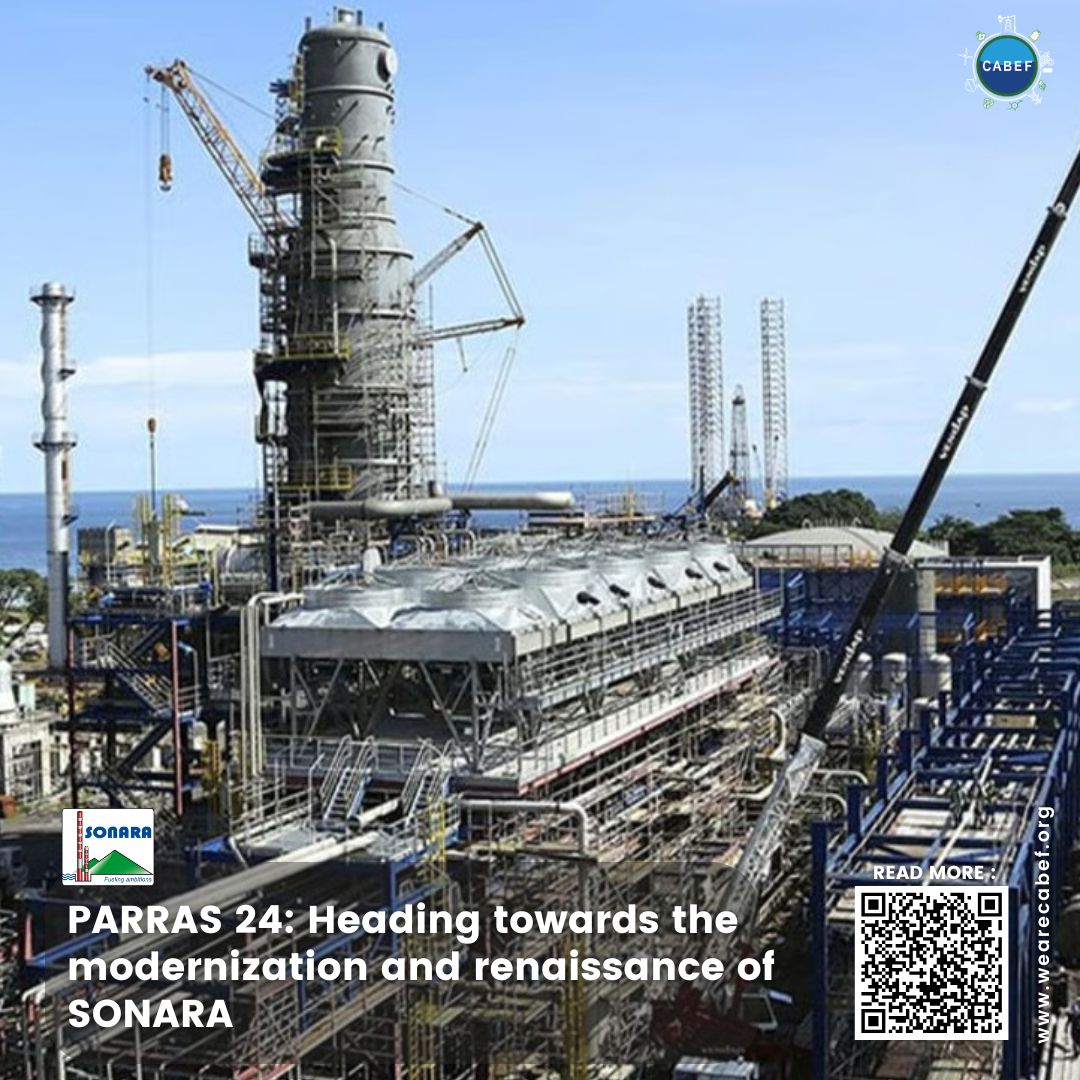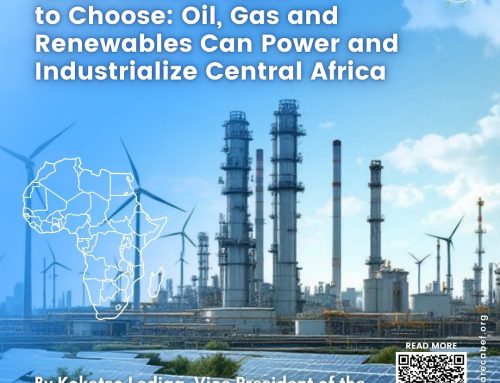The National Refining Company (SONARA), Cameroon’s only oil refinery, was established in 1976 in Limbe with an initial capacity of 2 million tons per year. Designed to process crudes such as Light Arabian and Cameroon’s KOLE, it began operations in a state-controlled economy, focusing on refining local crude supplied by the National Hydrocarbons Corporation (SNH).
SONARA’s main objective is to ensure the exclusive supply of the Cameroonian market with refined petroleum products, such as gasoline, diesel, kerosene, and fuel oil, sold at fixed state-controlled prices. At its inception, the refinery aimed to meet domestic demand while exporting only structural surpluses, such as heavy fuel oil derived from KOLE, a heavy crude yielding around 40% black products. Foreign currency export revenues were transferred to the SNH, thereby strengthening Cameroon’s economic stability and energy security.
Over the years, crude processing evolved to adapt to the growing demand for light products, such as gasoline and diesel. Initially focused on KOLE, SONARA began, in the 1990s, to introduce blends of imported light crudes, such as Nigeria’s Brass River and Bonny Light, mixed with local crudes like KOLE and EBOME. This strategy, born out of the liberalization of the oil sector, helped improve refining margins while shielding the refinery from global price fluctuations, all while maintaining an 80% quota for the national market.
In 2010, SONARA launched an ambitious expansion and modernization project, divided into phases, to increase capacity and efficiency. Phase 2 notably included the installation of a low-conversion hydrocracker, capable of transforming distillates and heavy fuel into high-value refined products.
Unfortunately, on May 31, 2019, a major fire broke out following an explosion in the naphtha separation unit, damaging four of the thirteen production units and forcing a total suspension of operations. This incident led to the declaration of force majeure, disrupted fuel supply, and compelled Cameroon to massively import petroleum products, with significant economic consequences.
Today, SONARA’s rehabilitation is accelerating thanks to the SONARA Refining Restart Acceleration Plan in 24 Months (PARRAS 24), adopted in August 2025 by the Board of Directors. This program is structured in several phases to relaunch and modernize operations:
Main objective of PARRAS 24: Restore the damaged units (4 out of 13) and upgrade the undamaged ones to resume refining activity with a capacity of 3.5 million tons per year at the Limbe site by the end of 2027, relying on ongoing actions for a safe and reliable restart.
Phase 2 (2028–2030): Equip the refinery with a hydrocracker and conversion units (such as low-conversion hydrocracking), allowing for increased processing of Cameroon’s heavy crudes (such as KOLE), conversion of residues into high-value products (gasoline, diesel, kerosene), and improvement of refining margins while meeting environmental standards.
Stage 3 (2031–2035): Implement a second atmospheric distillation train and an additional hydrocracker, adding another 3.5 million tons of production capacity. This will promote Cameroon’s energy self-sufficiency, reduce residues (from 40% to 18%), and generate significant economic and environmental benefits.
The CABEF team






Laisser un commentaire